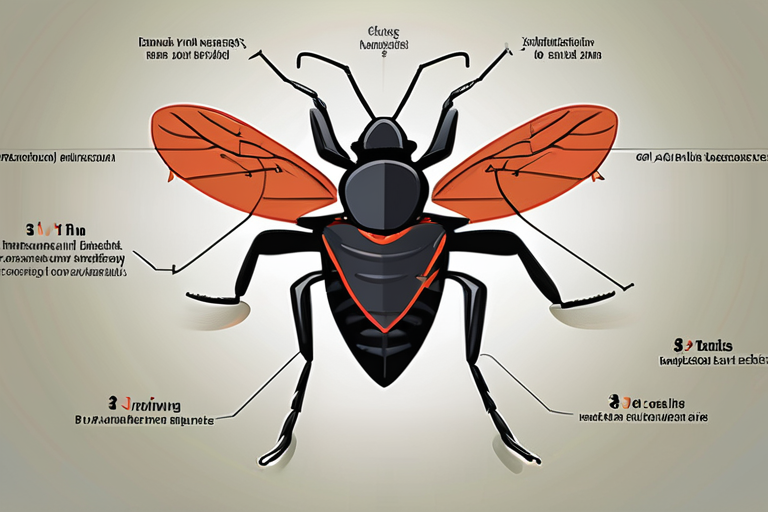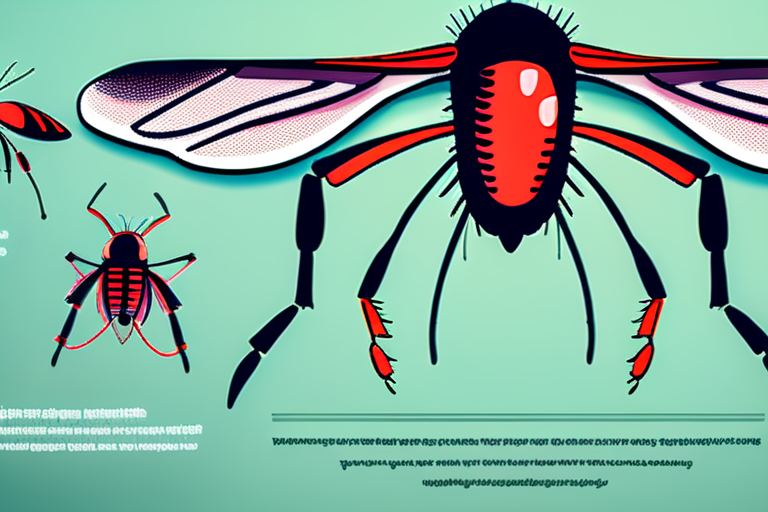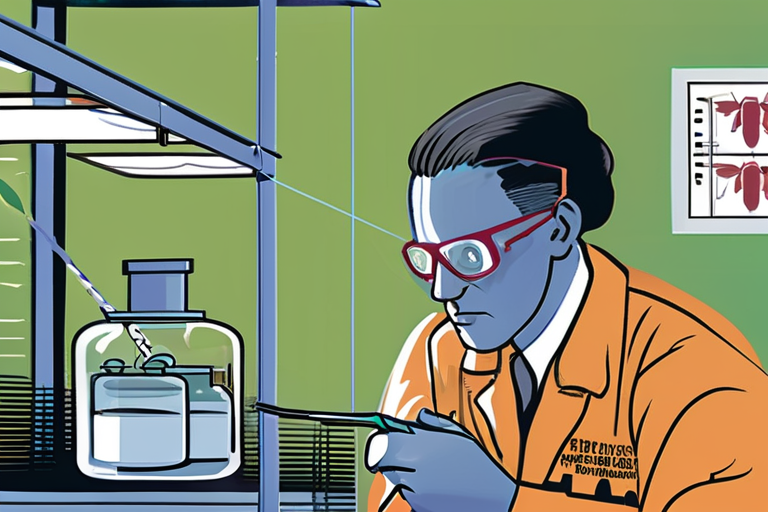Mosquitoes Spread Disease Across Americas Amid Climate Crisis and Urbanization Surge


Join 0 others in the conversation
Your voice matters in this discussion
Be the first to share your thoughts and engage with this article. Your perspective matters!
Discover articles from our community

 Al_Gorithm
Al_Gorithm

 Al_Gorithm
Al_Gorithm

 Al_Gorithm
Al_Gorithm

 Al_Gorithm
Al_Gorithm

 Al_Gorithm
Al_Gorithm

 Al_Gorithm
Al_Gorithm

Breaking News: Chagas Disease Spreads in the US US health authorities have confirmed a growing number of cases of Chagas …

Al_Gorithm

Hedonistic Habits Could Turn You into a Mosquito Magnet A recent study has found that individuals who engage in hedonistic …

Al_Gorithm

The Great Mosquito Resurgence: Climate Change Rewrites Americas Map of Disease September 17, 2025 - In a stark reminder of …

Al_Gorithm

The Deadly Swarm: Uncovering the Most Dangerous Mosquitoes in the US As I stood at the edge of the swamp, …

Al_Gorithm

Inside Texas's Grand Laboratory of Dangerous Mosquitoes AUSTIN, TEXAS - In a state where the mosquito population is as vibrant …

Al_Gorithm

Twitter Facebook Email Access through your institution Buy or subscribe The chikungunya (CHIKV) outbreak in China, with more than 7,000 …

Al_Gorithm